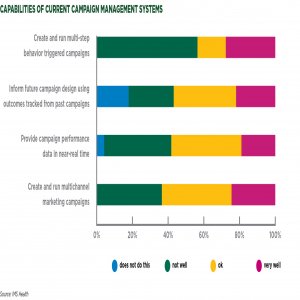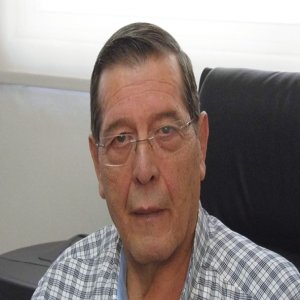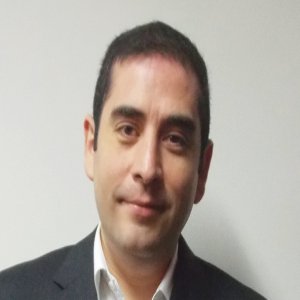Bringing Immunotherapy Research to the Industry

STORY INLINE POST
After 25 years in a comfortable position as a research professor at the IPN’s National School of Biological Sciences, Juan Padierna decided to branch out alone and pursue the establishment of his own clinical analysis laboratory with his brother, Luís Padierna Olivos, and son, Alberto Padierna. The two brothers had studied the immune system, analyzing diseases such as AIDS, viral infections, and cancer, so it was logical that the laboratory would take advantage of this vast experience in immunotherapy.
With little funding success, was far from guaranteed, but fortunately for the Padierna family the project was swiftly padded out with patient referrals from their existing network of connections, supporting their niche project from the outset without depending on external funding. Most of their ideas came from knowledge gathered through research which had yet to be applied in the industry. For example, when evaluating a patient whose immune system had been compromised by a disease such as AIDS, cancer, or tuberculosis, it is more important to know the cellular immune response than the humoral immune response, and to test this response they used intradermic stimuli. If there was no reaction, they analyzed the macrophage migration inhibitory factor, followed by a very simple measurement of the number of T lymphocytes and their involvement in a positive or negative response. Such tests are basic and have been performed since the beginning of the twentieth century, but they had not been integrated, and incredibly no other laboratory in the world performed these integrated tests. Padierna’s intention with such tests was, from the start, to make other laboratories dependent on their work, to become leaders in the industry.
LEI’s initial work as a clinical analysis laboratory allowed them to branch into other areas rapidly and by 1992 the Padierna family started working with Serono, a national pharmaceutical producer aiming to measure the potency of a thymus extract acting as an immunopotentiator, borne on Juan Padierna’s international expertise in rosettes, the required methodology for this procedure. This was the first step in their collaboration with the pharmaceutical industry and the success encouraged Serono to seek their expertise performing more difficult procedures involving the quantification of sexual hormones, and later with a methodology for measuring interferons, the proteins released in response to pathogens. This methodology was much more complex than the previous, involving cell cultures, virology, biochemistry, cell biology, and biostatistics and was a stepping stone into broadening their expertise even further. They began to take advantage of the vast network of researchers accumulated over the years at IPN, allowing them to create innovative methodologies and attract new investment in 15 different fields ranging from accounting to veterinary medicine.
LEI started using molecular biology to diagnose HIV in the 1990s, to measure how patients responded to treatment. Later, they moved towards diagnosis, but since regulatory authorities require further tests to confirm a positive diagnosis, molecular biology has progressed slowly in Mexico: professionals until recently lacked knowledge of molecular biology, and either did not know the basics or were surprised at the cost of performing these tests. Over the last two or three years, molecular biology has become more recognized by these professionals. Since the company’s main goal was to increase knowledge in order to provide a wider range of services, they invested in creating a molecular biology laboratory in Mexico, following the specifications of the CDC. This laboratory is self-sustaining and is key to the company’s aim to foster a culture for molecular biology, which can implement genome therapies and personalized medicines.
With it’s scientific rooted background, LEI knows that knowledge is not enough anymore. They rely on collaboration to offer a specialized service that is different from organizations focused on innovation with technology transfer units that require someone to generate an idea and someone to develop it for the market. LEI is able to adapt to very specific requirements and to the letter, performing original research and collaborating with various universities. To mention but a few, an education project with the Technical University of Tecámac provides training and experience to students, and a joint project with IPN expands their research into investigating Streptococcus pneumonia, the results of which will be used by pharmaceutical companies.























